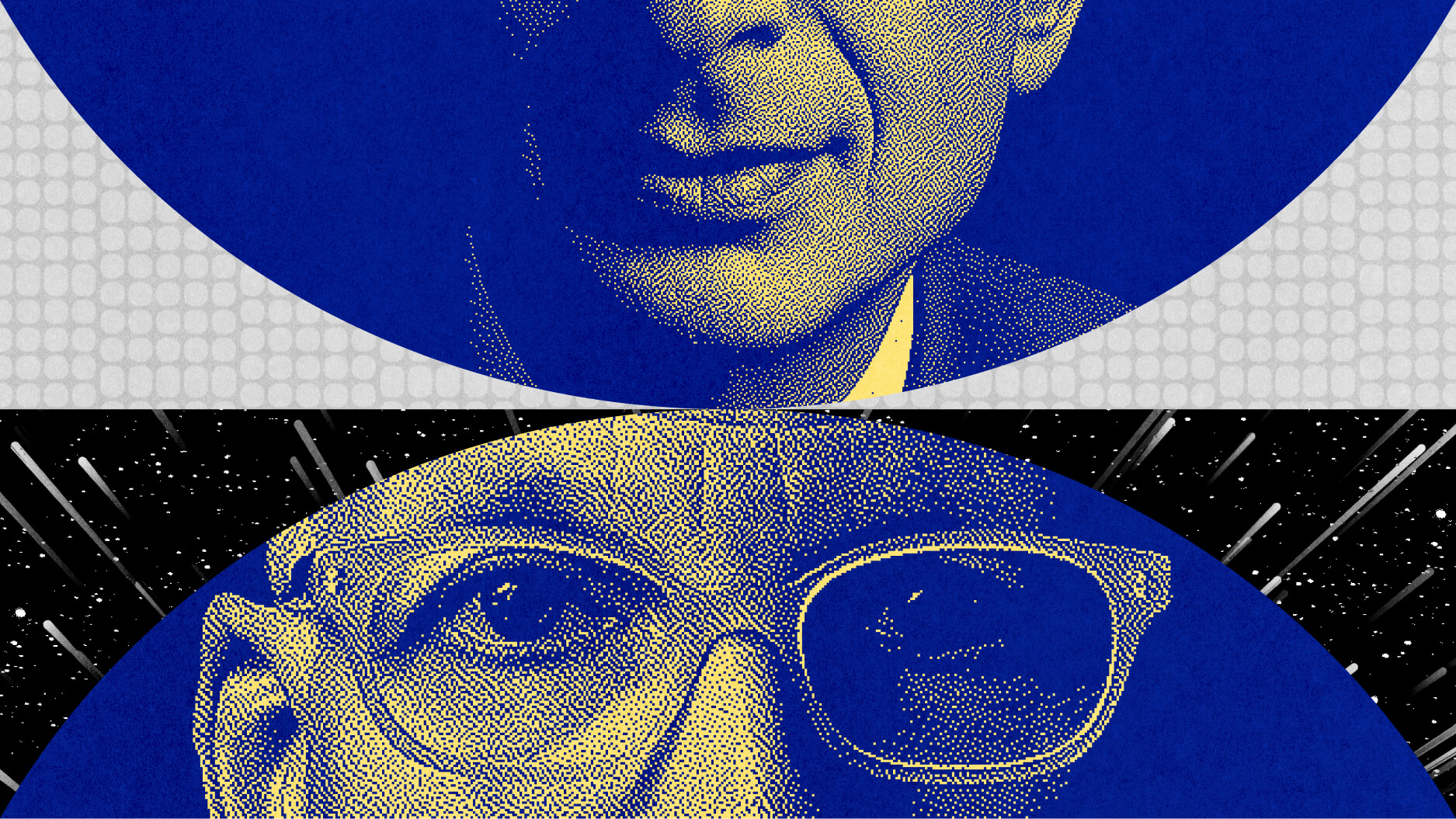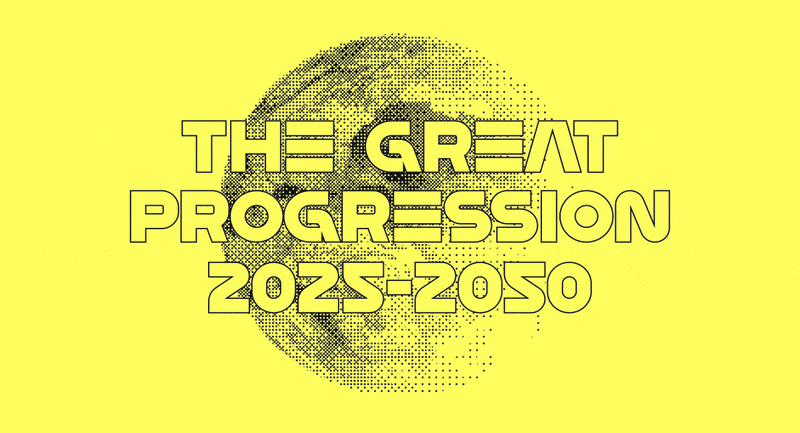There’s an innate drive to move to cities, where people are more clustered. The frequency for interactions is so much higher in a city as opposed to a rural area. We’re going to learn faster in a city surrounded by other people that have similar or complementary talents to us. We’re going to learn much faster in that kind of environment than we would out in some rural area, even if we can plug into the network and connect virtually with anybody we want.
John Hagel: I love paradox and I find paradox as a source of great richness, of insight and creativity. One of the most beautiful paradoxes is framed by two very insightful people. One is Tom Friedman who wrote a book, very compelling book called The World Is Flat. And he made a very compelling case that with digital technology infrastructures location no longer matters. Wherever you are you just plug into the wall, connect to the digital infrastructure and you have everything you need. Very compelling, persuasive.
There’s another guy, a man by the name of Richard Florida who counters that the world is actually more and more spiky and what he means by that is that over time there is an accelerating movement of people into cities. We’re becoming more urbanized at a more rapid rate than ever before. Now the paradox is, “Well, wait a minute. If the world is flat why are people moving more and more rapidly into cities?”
You know and I think that at the end of the day there’s elements of truth in both of these. But what is driving from our perspective this movement into cities – there are many, many factors at work but one of them is, I think, a lot of us have an intuitive sense that we’re gonna learn faster in a city surrounded by other people that have similar or complementary talents to us, that we’re gonna learn much faster in that kind of environment than we would out in some rural area even if we can plug into the network and connect virtually with anybody we want.
That notion in particular of these unexpected encounters that you have in cities – you know, walking down the street, sitting in a coffee shop, at the soccer game with your kids, talking to somebody that you never knew before but when you strike up a conversation it comes up with a really interesting insight, helps you to get through a problem you’ve been wrestling with. Those kinds of opportunities occur much more richly and frequently in cities than they do in rural areas.
So I think at least intuitively we have a sense that with all that digital technology infrastructure and all the ability to connect we’re gonna be much better off, learn faster in cities than we could on our own.
And we have again an intuitive sense that learning faster is becoming more and more important. That no matter how much skill we have, how much talent we have at this point in time if we don’t continue to develop that talent and skill we’re gonna become vulnerable. And so that’s a powerful motivation to come into cities and to stay in cities.
Directed/Produced by Jonathan Fowler, Elizabeth Rodd, and Dillon Fitton





